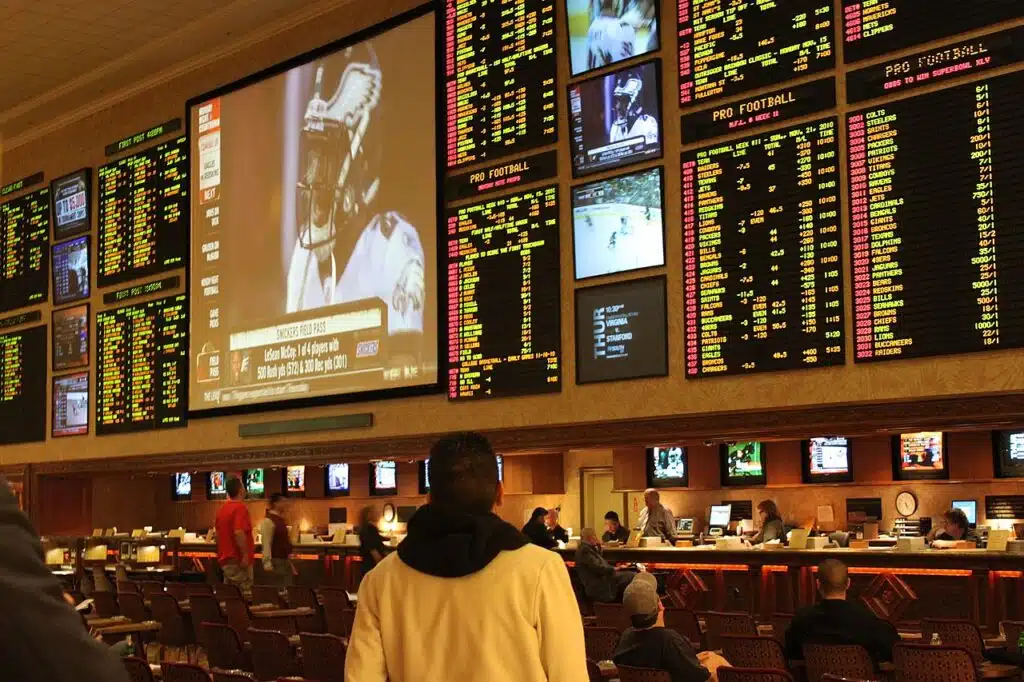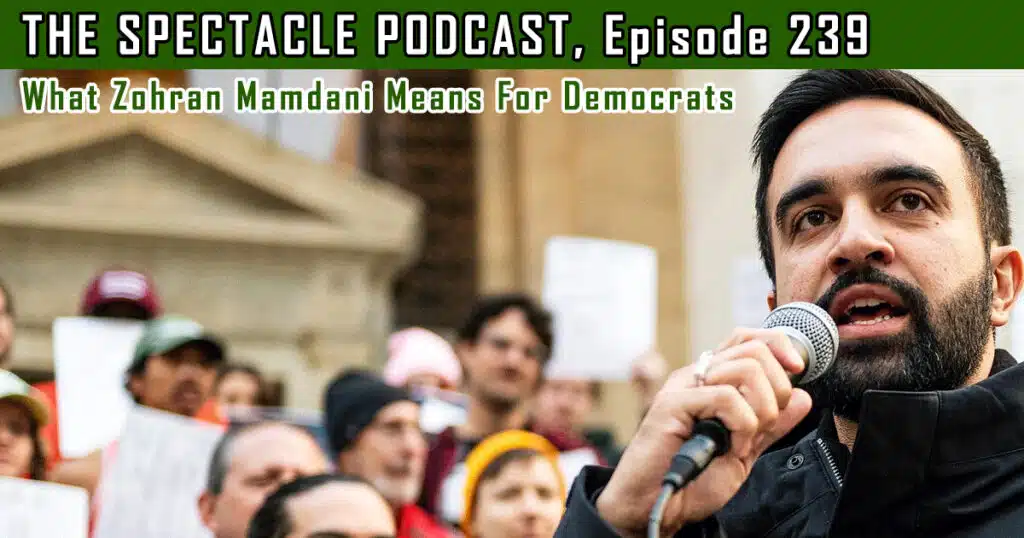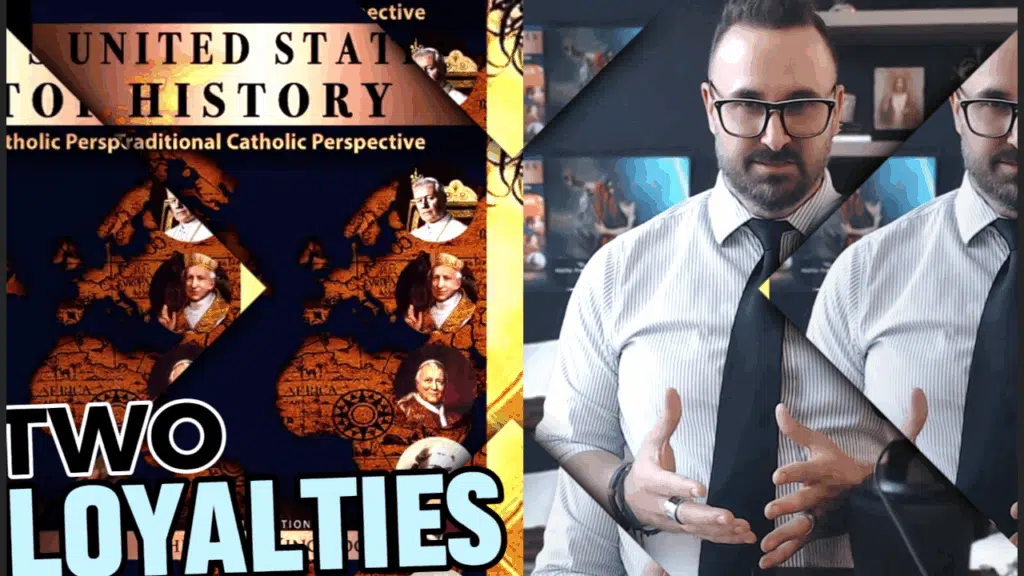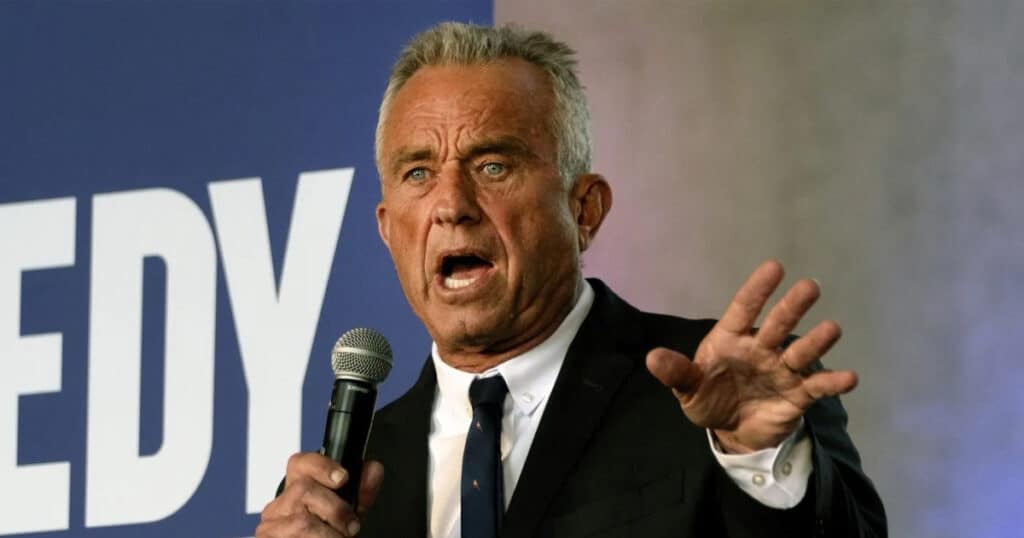
Californians Vote Not To Bet On Two Sports Betting Ballot Measures
The most expensive ballot proposition campaign in United States history folded Tuesday night as California voters rejected sports betting overwhelmingly, striking down initiatives by Native American tribes and the wagering industry.
The two groups raised nearly $600 million in competing measures seeking to expand gambling in the Golden State and claim a portion of the billion-dollar sports betting market.
Supporters and opponents of the dueling propositions deluged local airwaves with advertisements about the propositions that would have allowed legalized gambling at tribal casinos and horse tracks, as well as through mobile and online wagering.
The campaigns for the two measures raised and spent more money than double the previous record amount used in 2020 by Uber, Lyft, and other app-based, ride-hailing, and delivery services to fight against an effort by the state to classify drivers as employees instead of independent contractors.
Pre-election polls showed it would be a gamble to earn enough support for either of the propositions.
While more than 30 other states allow sports betting, gambling in California is still limited to Native American casinos, horse tracks, card rooms, and the state lottery.
Proponents of the two initiatives pushed different ways to offer sports gambling and each touted other benefits — like more funding for housing — they said would benefit the state if voters approved their respective measures.
Proposition 26 would have allowed casinos and the state’s four major horse tracks to offer sports betting in person. A 10 percent tax would have raised funds for the enforcement of gambling laws and programs to help gambling addicts.
Proposition 27 would have allowed adult online and mobile sports betting. Large gaming companies would have needed to partner with tribes involved in gambling — or tribes could have entered the market by themselves.
The measure was backed by DraftKings, BetMGM, and FanDuel online sports gambling operations. Backers of Prop. 27 promised tax revenues would help the homeless, mentally ill, and poorer tribes not enriched by casinos.
The nonpartisan Legislative Analyst’s Office found both initiatives would have increased state revenues, but how much was unclear.
Proposition 26 could have potentially brought in tens of millions of dollars and Proposition 27 could have generated hundreds of millions, the office said.
Then again, those revenue streams might have been offset if people only spent money on sports gambling in lieu of shopping or buying lottery tickets.
Democrat Gov. Gavin Newsom didn’t take a position on either proposal but said Proposition 27 was “not a homeless initiative,” as advertised.
The California Republican Party opposed both proposals while state Democrats opposed Proposition 27 but maintained a neutral position on Proposition 26. Major League Baseball supported Proposition 27.
The No on Prop 26 campaign — largely funded by card rooms that could have been aced out of more business — said the measure would have given a handful of wealthy and powerful tribes “a virtual monopoly on all gaming in California.”
The No on 27 committee said the proposal was deceptive because the big gaming companies behind it “didn’t write it for the homeless, they wrote it for themselves.”



